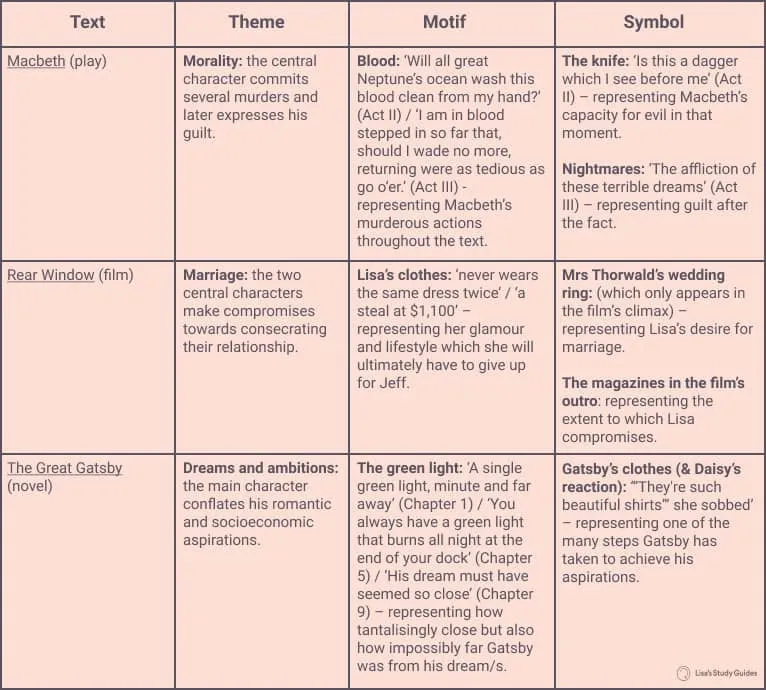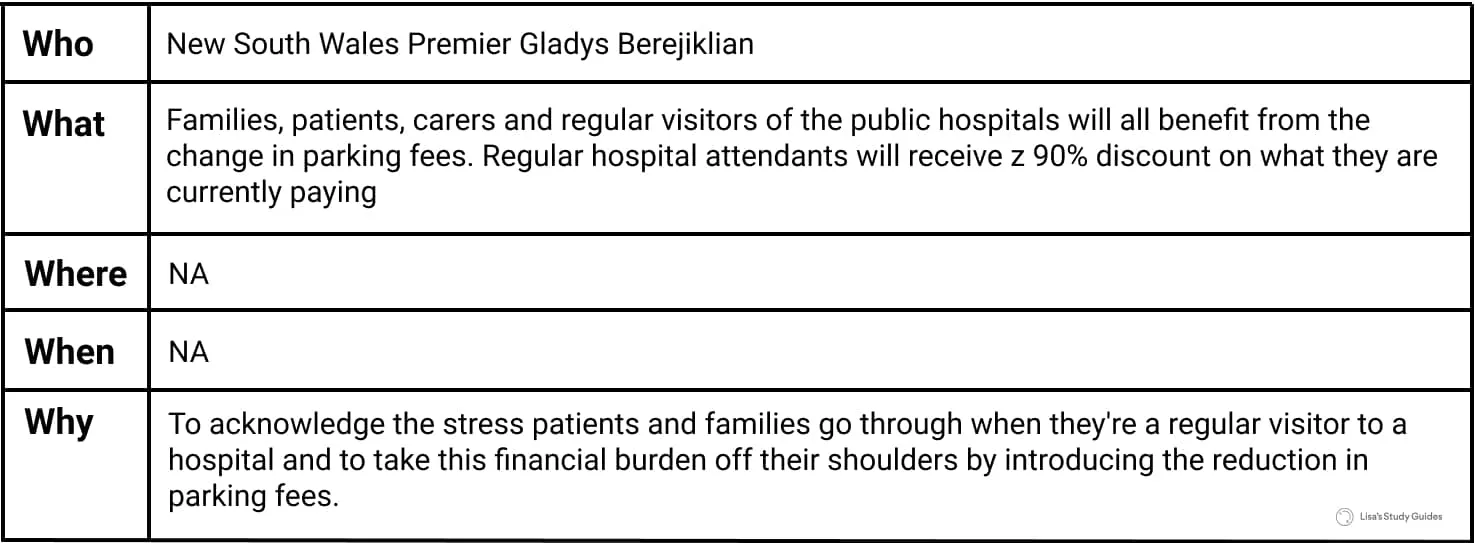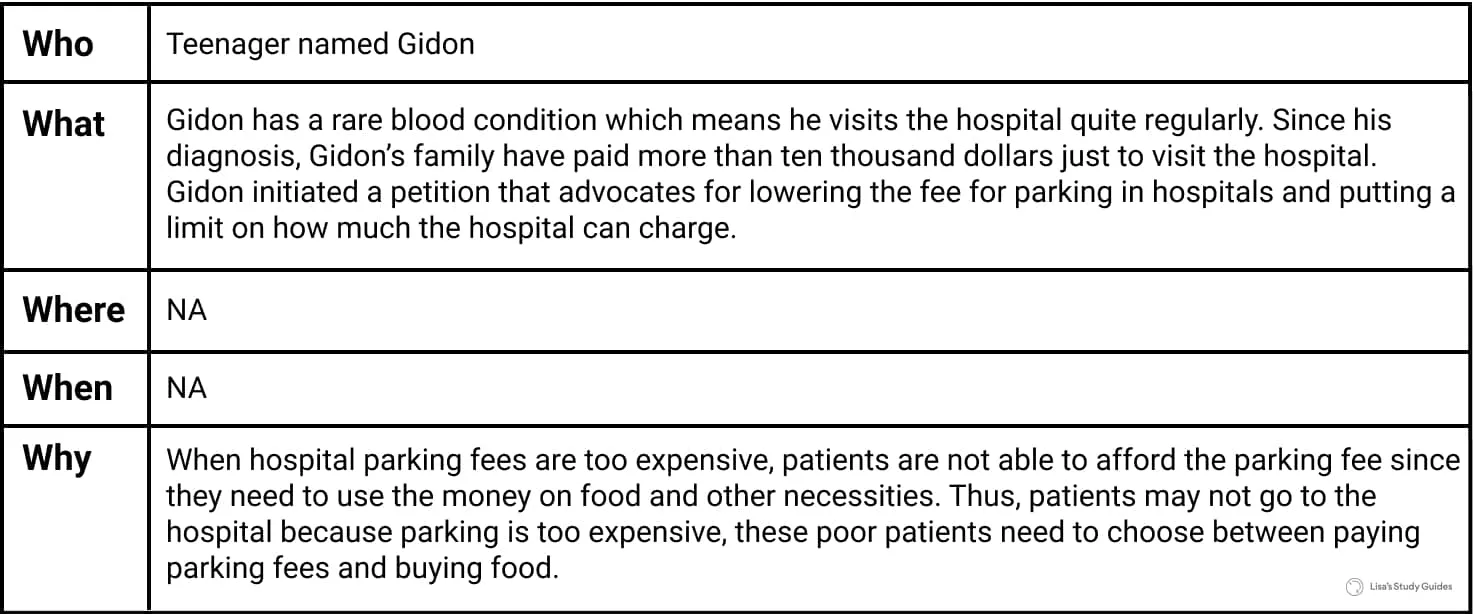Let’s be honest. Life is crazy right now; everything we know has been completely flipped due to COVID-19 and there’s no denying it. Students studying Station Eleven must be feeling a little creeped out! Everything is changing so quickly as decisions are being made on a daily basis, but as of right this moment, we are in lockdown: schools are shut, gatherings are banned and most of our parents are working from home. Most of us are wondering: how will we be able to reach our teachers? What about my friends? How can I study effectively without being in class? Here are some things to remember whilst enduring the pandemic...
First of all, we are all in the same boat. Nobody in the state will be going to school until at least 13th of April, and between you and me, it’ll probably be longer. You are not alone and certainly we will all get through this together.
For those who are doubting how school will function without physical attendance, remember how far our society has come with technology! Schools across the state are finding ways to optimise your learning. From Zoom to Microsoft Teams and Skype, schools are utilising fantastic platforms to help you learn. All you need is an internet connection and a willingness to learn and you’re all set. Furthermore, teachers are usually available over email and if you’re anything like me, you’re constantly reaching out to teachers for help — and I highly recommend it! Ask for help, ask for more resources, ask for advice and guidance.
Finally, if you feel like you need some extra help, private tuition is also a great way to make sure you’re on the right track and moving towards your dream results. LSG has a great private tuition program where you’ll find amazing help online from dedicated and tech-savvy high achievers. They’ll be your tutor, motivator and mentor all in one! Just because there’s no actual school, it doesn’t mean that you won’t be able to learn effectively.
If you'd like to learn more about LSG's Private Tutoring program, head over here — we'd love to chat!
I know it’s easy to think,
“I can’t study at home, I always get distracted by my sibling, my cat, my parents, YouTube, games and food I just procrastinate too much!”
For me, Year 12 was full of bursts of intense focus and longer bursts of procrastination. I tried so hard to focus but sometimes, Netflix was just too tempting! However, there are a few tips that kept me in check (especially during the holidays) and helped me to do well in the end. Hopefully, they can help you too!
Looking for some advice to score 50 in VCE English? Here's what 50 study scoring LSG tutor Elli recommends!
1. Have a routine
It’s so important to have a consistent routine. This will help you direct your focus to what matters and form consistent study habits. You can even follow your school timetable if that helps! This will integrate study times for certain subjects and also appropriate break times.
Routines also help with stress. You can wake up every day and not have to think about what you are going to do that day — just follow your routine! This will work wonders in helping you to manage all your subjects, homework and socialising needs.
When building a routine, start small and build your way up. Start your day by waking up at a certain time, or scheduling when you’ll eat or even deciding when you’ll do exercise. Studies have shown that it takes 21 days to form a habit. I know this is a while, but if you can stick with one or two small routine changes in your life, it will make a huge difference!
There are a few things to remember when creating your own routine!
• Don’t plan out every second of every day. This will make you feel like a robot with no freedom and you’ll get bored very quickly.
• Have a basic routine that can be adapted to everyday needs! This kind of links back to the previous point, if you plan every second, you won’t be able to be adaptable and spontaneous
• Have break time, downtime and exercise time!
For some more advice on work/study/life balance, check out Lisa's interview with LSG Content Manager Matt here.
2. Set specific tasks to get done everyday (to-do lists)
If you create a list to get done everyday, you’ll feel a sense of accomplishment that will both motivate you to study harder and to stay focussed to reach your goals! This also ensures that you are staying on track and that you’re on top of all subjects and homework. By keeping track of what needs to be done and when, your stress levels will be reduced because everything is written down — so, when you have some time to relax, you can actually relax. Your to-do list will act as your ‘second brain’ that you can return to when you’re refreshed and ready to study.
Ensure that your to-do lists are specific. Rather than writing “study for English”, which really doesn’t tell you anything, write tasks like, “quote sheet for English” and “summary book for circular function for Methods”. Then, you know what each task expects of you and what it will look like when it’s finished.
If you’re following your school timetable, make sure that in your scheduled time to study a particular subject you have a list of things to do, otherwise, you’ll be sitting at your desk thinking about what you should be doing instead of actually studying!
3. Use apps that help with productivity/procrastination
There are hundreds of apps that help with productivity, organisation and procrastination. Here are a list of some of my personal favourites:
Forest (procrastination)
• Forest grows trees when you aren’t using your phone, and everytime you open it, a tree dies. This helps to prevent you from dawdling on social media too much.
• Just turn it on before you start studying and you’ll feel a little grief every time you open your phone because trees will die.
Todoist (productivity)
• Todoist helps create to do lists and alerts you with tasks you need to get done. There are plenty of apps that do this, so have a look and find one that suits you and your needs best.
Mindly (organisation)
• Mindly helps organise your internal thoughts! You can do pretty much anything from structuring thoughts, explore ideas, plan a speech and take notes!
• This particularly works well for subjects like English and Lit that requires a lot of idea generation
4. Get dressed!
This may sound like a strange piece of advice, but it’s so tempting to stay in your pyjamas all day and lounge around. But, if you don’t change, you’ll constantly feel like you’re ready to sleep. Getting dressed in proper clothes helps change your mindset and make you feel ready for the day ahead: conquering every task that you set yourself! It sounds silly, but try it — it actually works.
Not to mention, the little things in life right now are the ones that matter the most. If you can’t do the little things, imagine tackling the bigger tasks in the world. So, start your day off well by doing the things you would normally do when preparing to leave the house.
5. Take breaks and exercise
It’s easy to become a sloth when you’re forced to stay home all day and just eat junk food all day, but remember: a healthy body = a healthy mind. It’s so important to take a break from intense studying period and get moving again. Whether that is doing some yoga, going for a run or just playing with your sibling/pet, it’s up to you. All of this is integral in maintaining your ability to concentrate and prevents burnout!
Doing exercise isn’t easy so if you have a particular routine where you schedule it in, you’ll build a great habit. If that’s not enough to get you up and moving, try incentivising yourself with a particular treat like an episode of your favourite TV show or a snack (a healthy one)! Do exercise that you enjoy.
6. Eat healthily
Eating healthily doesn't always mean eating clean 24/7. Rather, it means simply maintaining a balanced diet. Eat chocolate when you crave chocolate — but don’t go overboard. Try the 80/20 rule, 80% of the time you eat as healthily as possible and the other 20% of the time, you can treat yourself. If you eat healthily, you’ll feel great and be ready to tackle the day's work!
7. Physical distancing not social distancing
With all this talk of social distancing in the media, it’s hard to remember that this really means physical distancing. Please don’t forget to communicate with your friends and family. Use technology to your advantage! Facetime your friends and come up with activities you guys can do together virtually. Gaming is a great idea but as I’m not a gamer myself, my friends and I had a virtual baking challenge (not to brag but I definitely won!) Keep in virtual contact! This will help keep you sane in such crazy times.
8. Use your friends to your advantage
Whilst you might not have the in-person classroom interaction, you can still generate discussion with your friends online and even ask them for help. Remember that a group of minds will always be better than just one. Everyone is trying to stay on top of their learning anyway, so why not do it together?
Hopefully these tips will help you learn to be the best student you can be in this rough time! Remember to stay safe, stay home and stay dedicated to being the best version of yourself.
To quote a professor from one of the most famous schools ever:
“Happiness can be found, even in the darkest of times, if one only remembers to turn on the light.” — Albus Dumbledore





.webp)











.jpg)